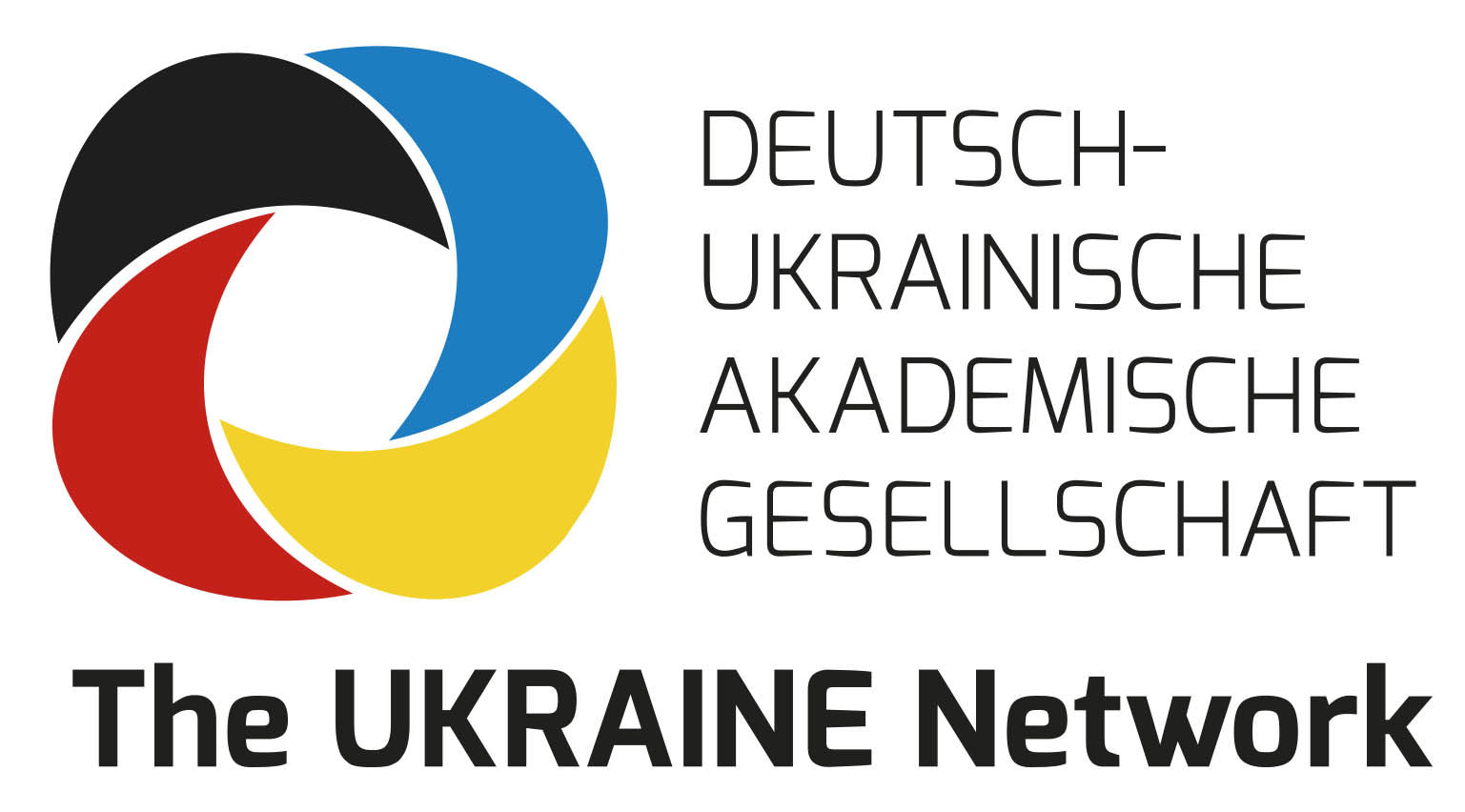FEBS Collaborative Developmental Scholarships are for the exclusive benefit of students engaged in research for a doctoral thesis in certain FEBS countries with HINARI status* who need to visit a well-funded laboratory elsewhere in Europe for the purpose of carrying out experimental procedures that would be impossible in their home country because of a lack of resources.
Applications from PhD students working in the following countries will be considered for the Scholarships: Armenia, Belarus, Bosnia and Herzegovina, Georgia, Moldova, Morocco, Serbia and Ukraine. These Scholarships are for scientific collaboration, advanced training or employing techniques not available at the candidates’ usual place of work.
Scholarships are awarded for periods of no longer than two or three months. Applications may be made throughout the year but should reach the Chairperson of the FEBS Fellowships Committee at least two months before the proposed starting date.
In order to be eligible to apply for a Scholarship, applicants need to be members of a FEBS Constituent Society and engaged in a doctoral thesis in one of the FEBS countries stated above, and to be seeking to work in a laboratory in a different FEBS country.
The Federation of European Biochemical Societies (FEBS) has become one of Europe’s largest organizations in the molecular life sciences, with over 35,000 members across more than 35 biochemistry and molecular biology societies (its ‘Constituent Societies’) in different countries of Europe and neighbouring regions. As a grass-roots organization FEBS thereby provides a voice to a large part of the academic research and teaching community in Europe and beyond. As a charity, FEBS promotes and supports biochemistry, molecular biology, cell biology, molecular biophysics and related research areas through its journals, Congress, Advanced Courses, Fellowships and other initiatives. There is an emphasis in many programmes on scientific exchange and cooperation between scientists working in different countries, and on promotion of the training of early-career scientists.
